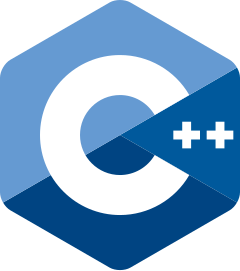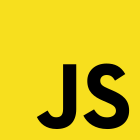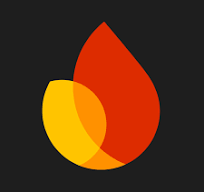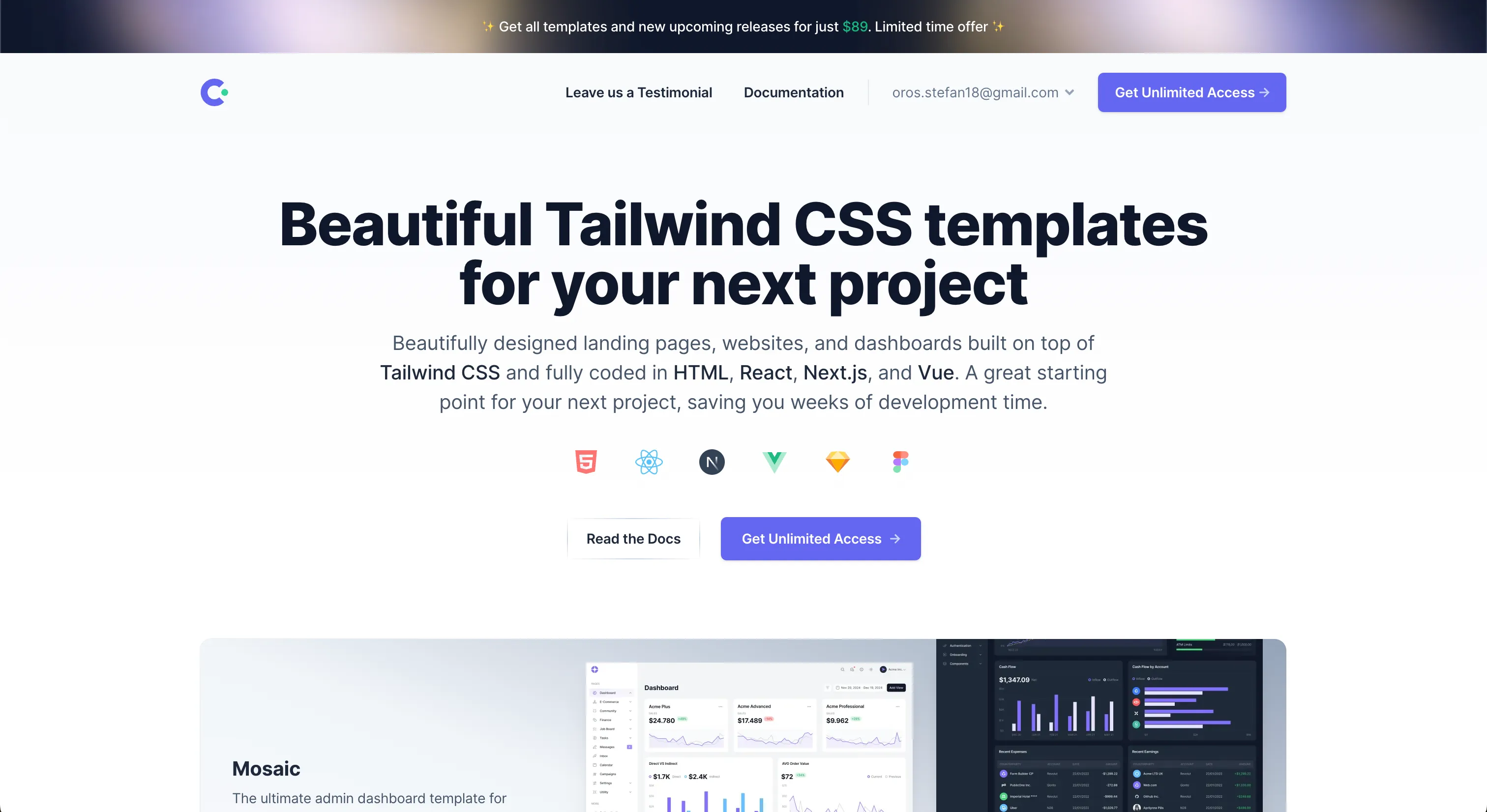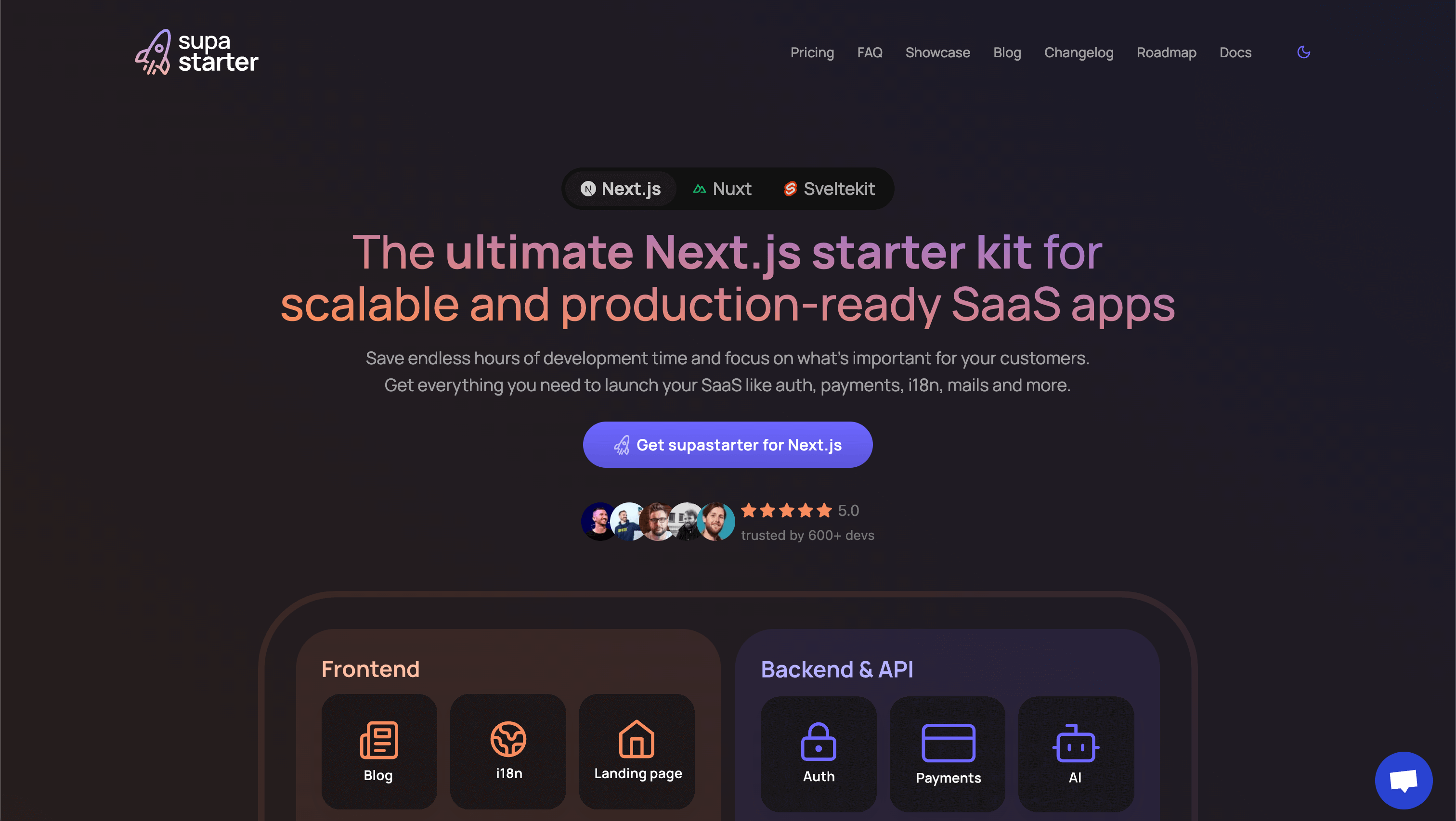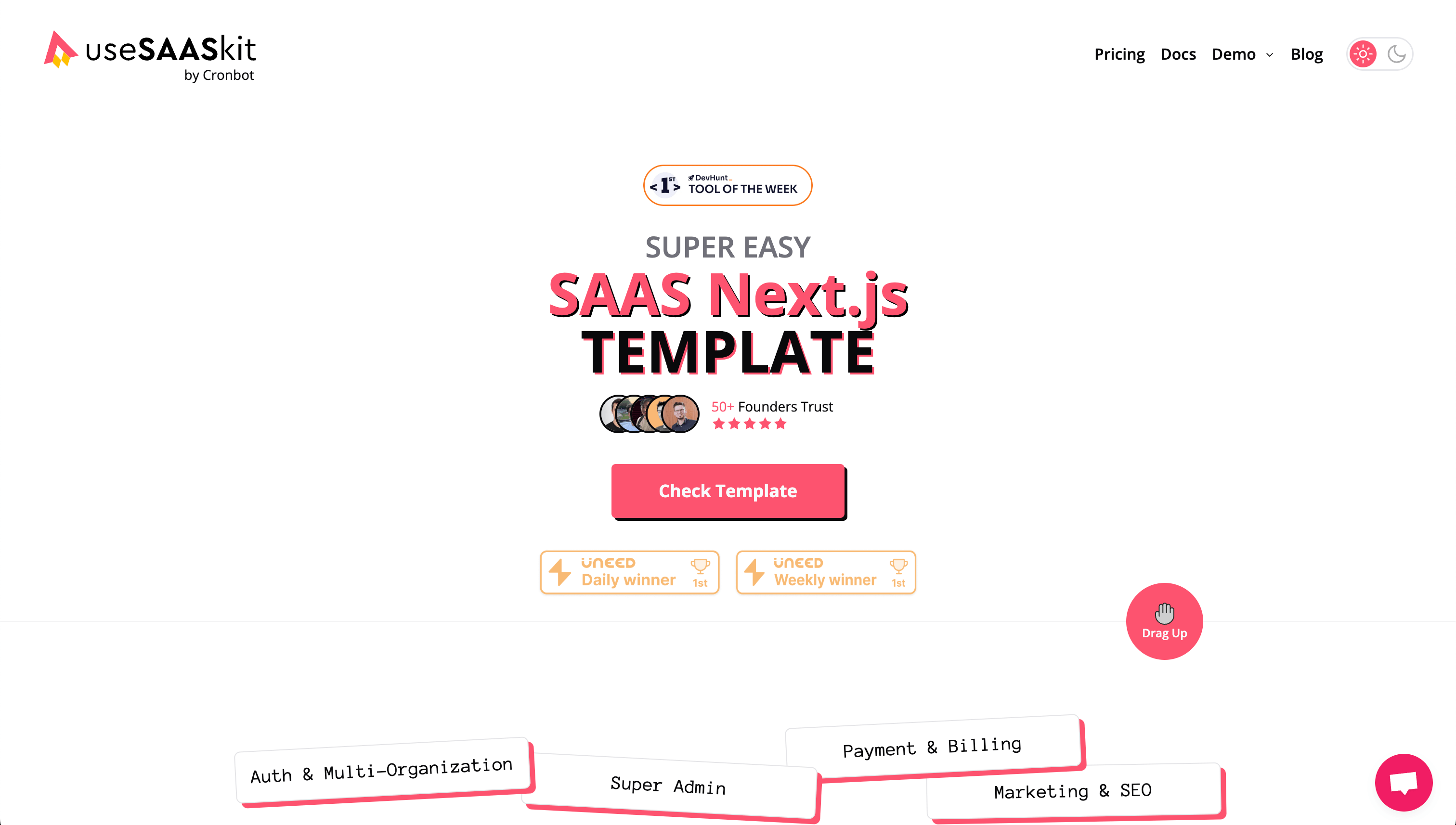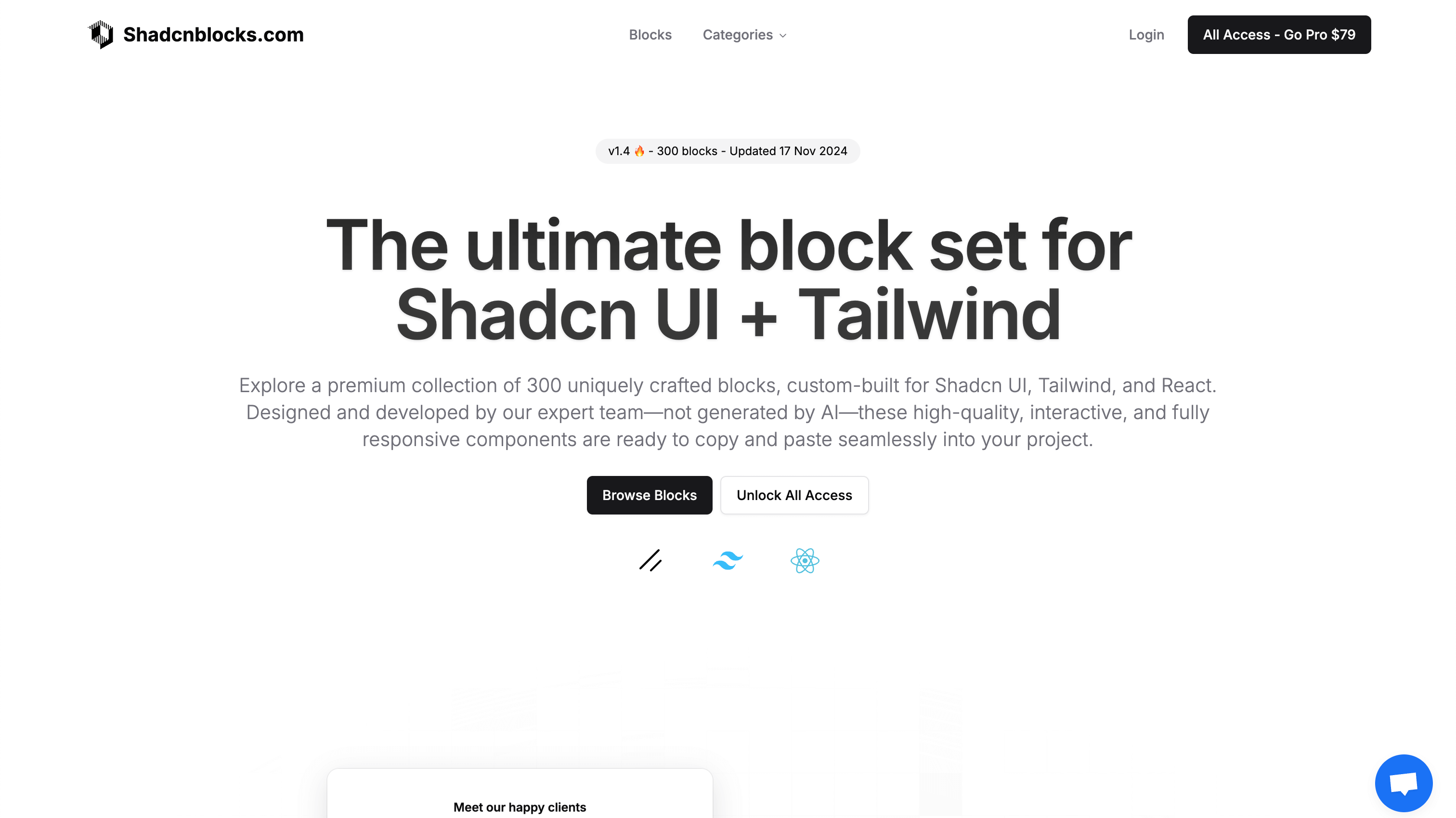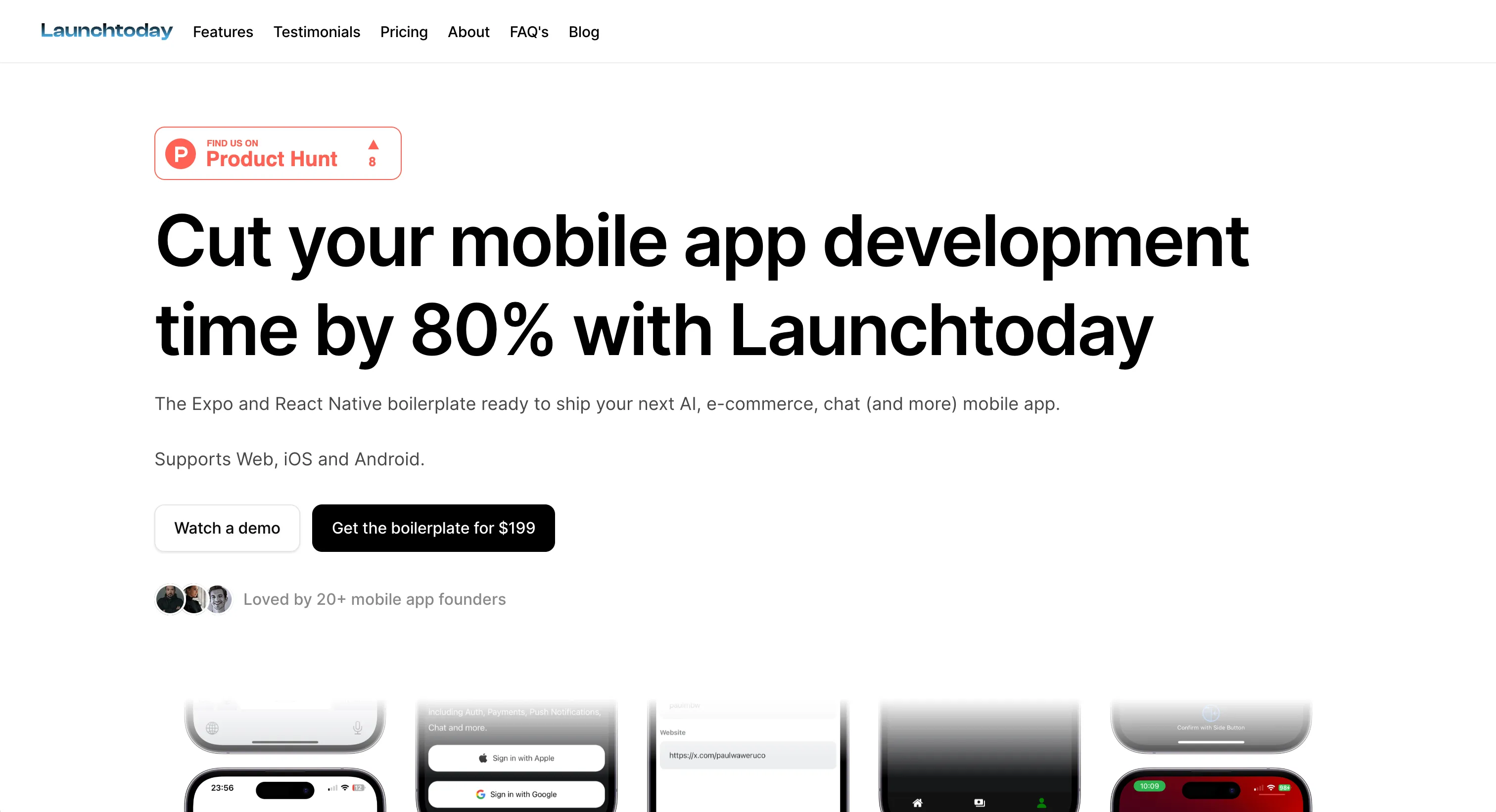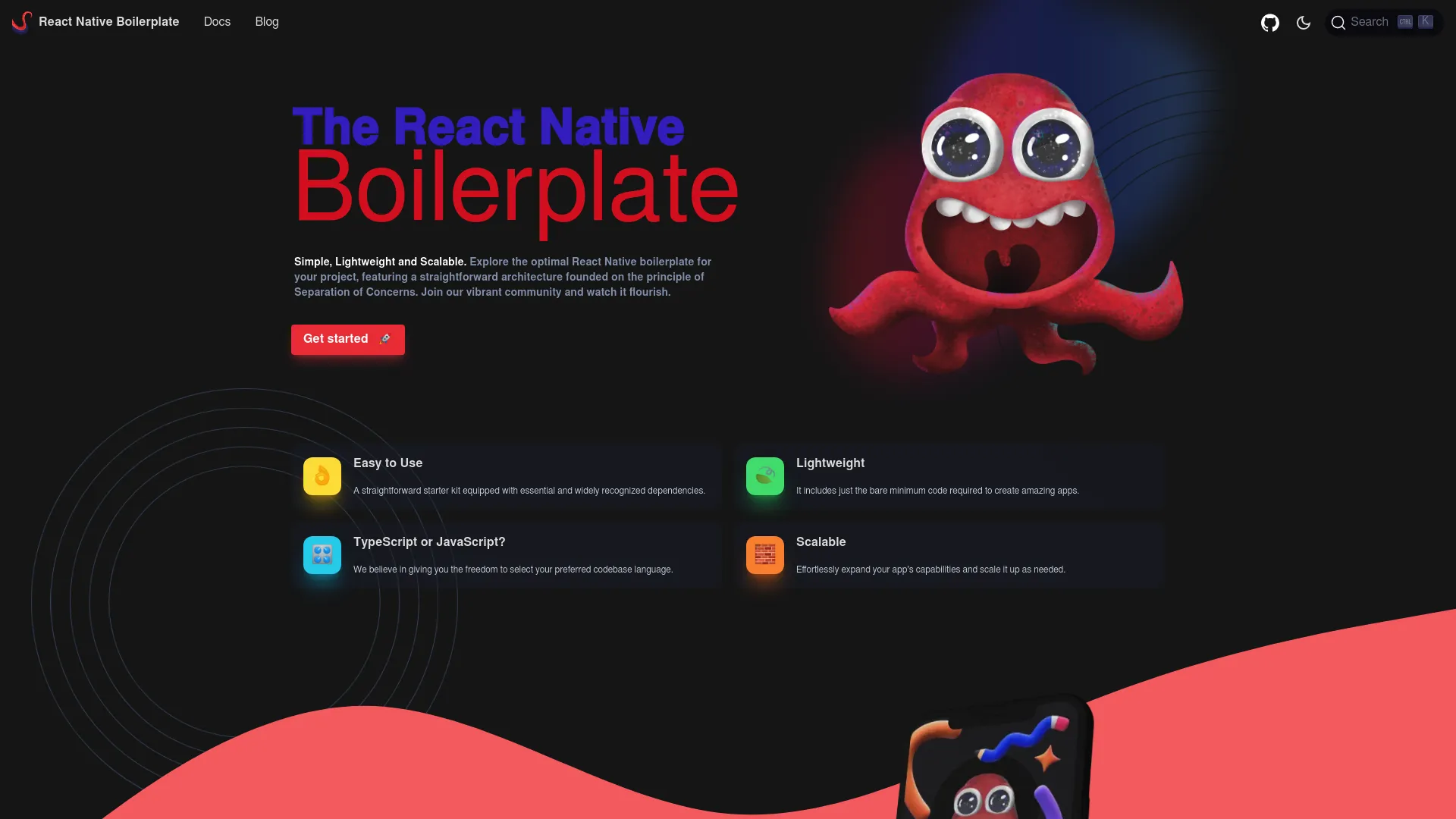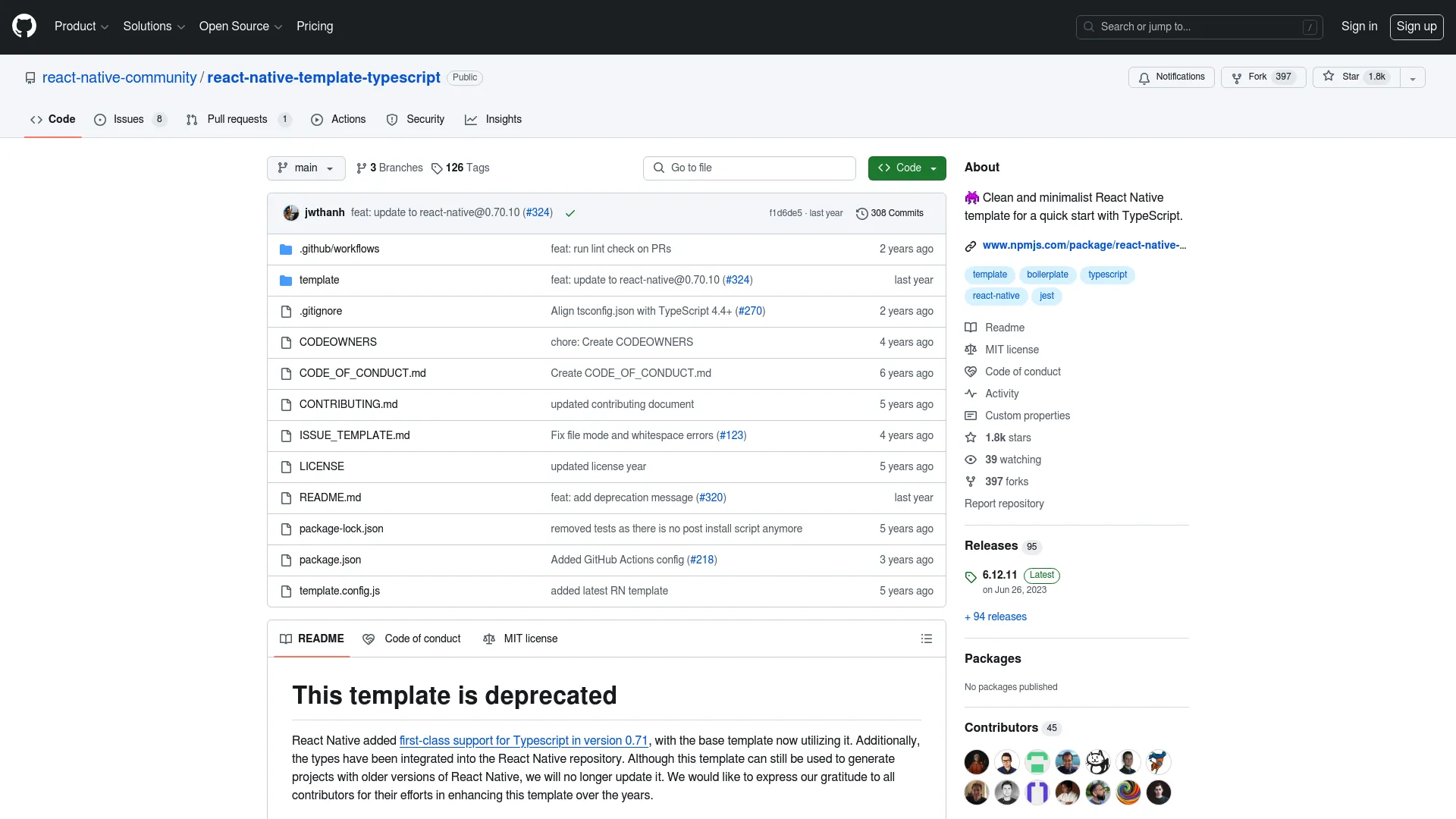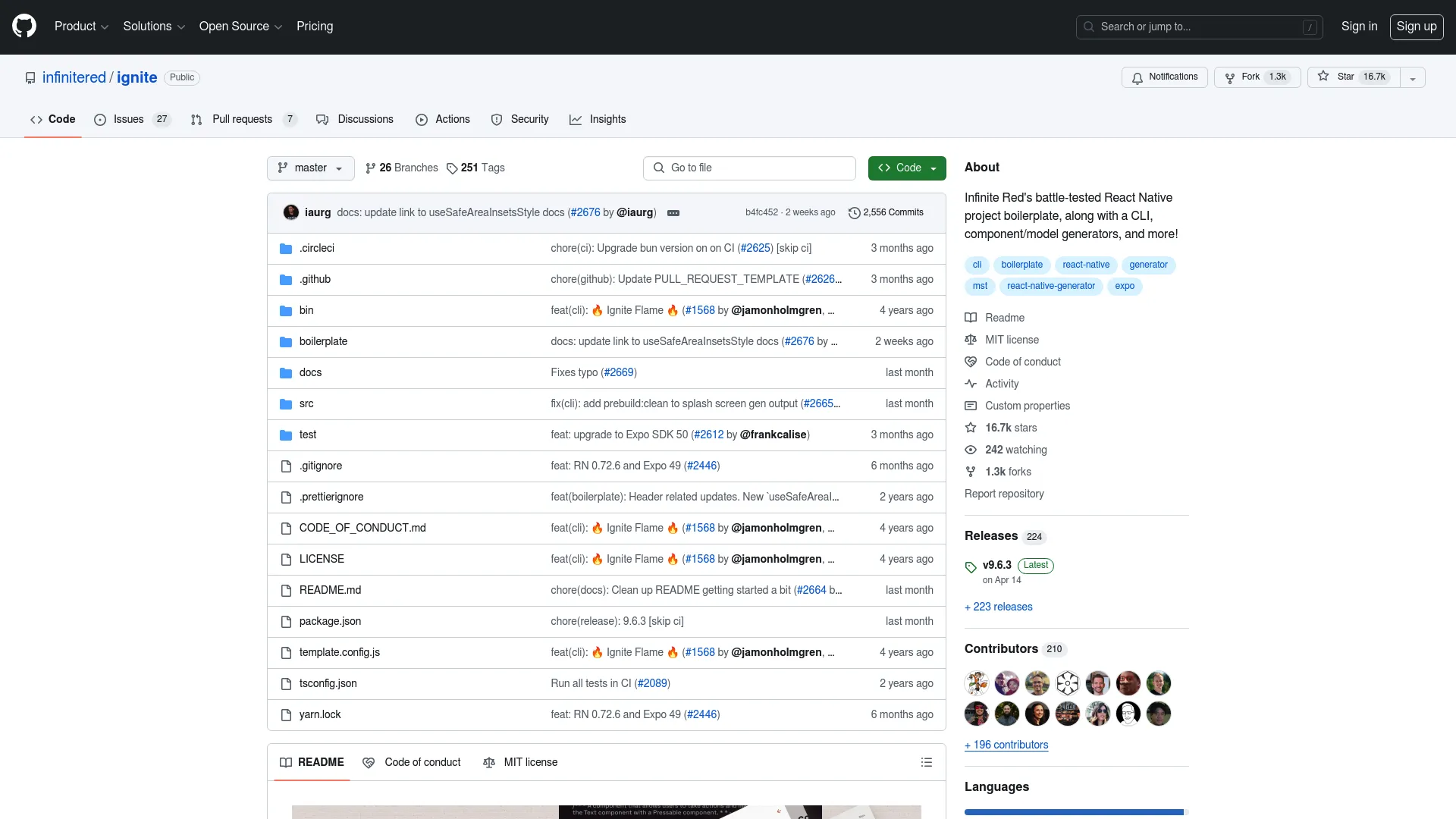React Native Boilerplates & Starter Kits
Explore high-quality React Native boilerplates and starter kits designed to kickstart your mobile app development. Learn about React Native, its benefits, common features, and how it stacks up against other frameworks. Discover the ideal use cases for React Native boilerplates to streamline your project.
Technologies
ResetTags
Cruip - Beautiful Tailwind CSS Templates
Supastarter - Next.js, Nuxt & SvelteKit Starters
UseSAASKit - SaaS Next.js Template
Shadcnblocks - Block set for Shadcn UI + Tailwind
Launchtoday
React Native Boilerplate by Thecodingmachine
React Native Template Typescript
Ignite - the battle-tested React Native boilerplate
Learn More About React Native Boilerplates
What is React Native?
React Native is a popular open-source framework created by Facebook, used for building mobile applications using JavaScript and React. It allows developers to create natively-rendered mobile apps for both iOS and Android platforms from a single codebase. This innovative approach bridges the gap between web development and mobile app development, offering a seamless and efficient way to build powerful and responsive mobile applications.
Benefits of Using React Native
- Cross-Platform Development: Write once, run anywhere. React Native enables the development of apps that work on both iOS and Android with a single codebase, reducing development time and costs.
- Performance: React Native uses native components, delivering high-performance apps that feel like they were developed specifically for the platform.
- Hot Reloading: This feature allows developers to see the results of the latest change instantly, improving productivity and making the development process faster and more efficient.
- Community and Support: Being open-source, React Native has a vast and active community that contributes to its development and provides extensive libraries, tools, and support.
- Code Reusability: The ability to reuse code components significantly reduces development time and effort, leading to faster releases and updates.
Common Features of React Native Boilerplates
- Pre-configured Project Structure: Boilerplates provide a standardized project structure that adheres to best practices, helping developers start their projects with a solid foundation.
- Built-in Navigation: Includes navigation libraries like React Navigation or React Native Navigation, enabling easy implementation of navigation within the app.
- State Management: Integrated state management tools such as Redux or Context API, ensuring smooth state management across the application.
- Theming and Styling: Pre-styled components and theming support, making it easy to maintain a consistent design throughout the app.
- Authentication: Ready-to-use authentication flows with support for OAuth, JWT, and social logins to quickly integrate user authentication.
- API Integration: Boilerplates often come with examples of API integration, facilitating quick connectivity with backend services.
- Testing Setup: Includes pre-configured testing environments with tools like Jest, Detox, and Enzyme to ensure high-quality and bug-free code.
React Native vs. Flutter
React Native:
- Developed by Facebook.
- Uses JavaScript and React.
- Strong community support and a vast ecosystem of libraries.
- Excellent performance with native components.
- Hot Reloading feature for quick development cycles.
Flutter:
- Developed by Google.
- Uses Dart programming language.
- Single codebase for iOS, Android, Web, and Desktop.
- Rich set of pre-designed widgets for a customizable UI.
- Strong performance with a Skia rendering engine.
- Fast-growing community with increasing library support.
While both React Native and Flutter offer efficient cross-platform solutions, the choice between them often comes down to the preferred programming language (JavaScript vs. Dart), ecosystem maturity, and specific project requirements.
React Native Boilerplates Use Cases
- E-commerce Apps: Quickly set up a mobile store with pre-built components for product listings, shopping carts, and payment gateways.
- Social Media Platforms: Leverage boilerplates with ready-to-use chat functionalities, user profiles, and social sharing features.
- Healthcare Applications: Use pre-configured modules for appointment scheduling, patient records, and telemedicine.
- Educational Tools: Create learning management systems or educational apps with integrated quizzes, progress tracking, and content delivery.
- Finance and Banking Apps: Accelerate development with boilerplates that include secure authentication, transaction handling, and data visualization components.
- On-Demand Services: Build apps for services like food delivery, ride-sharing, or home services with pre-built location tracking, booking, and notification features.


